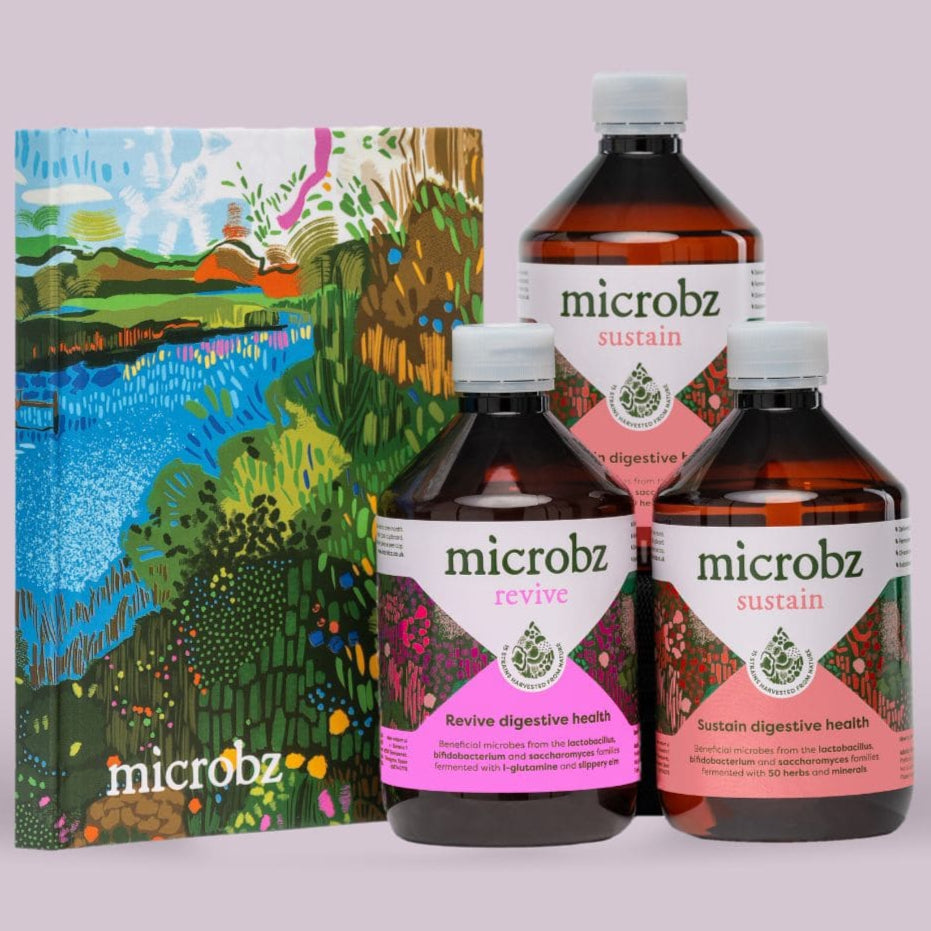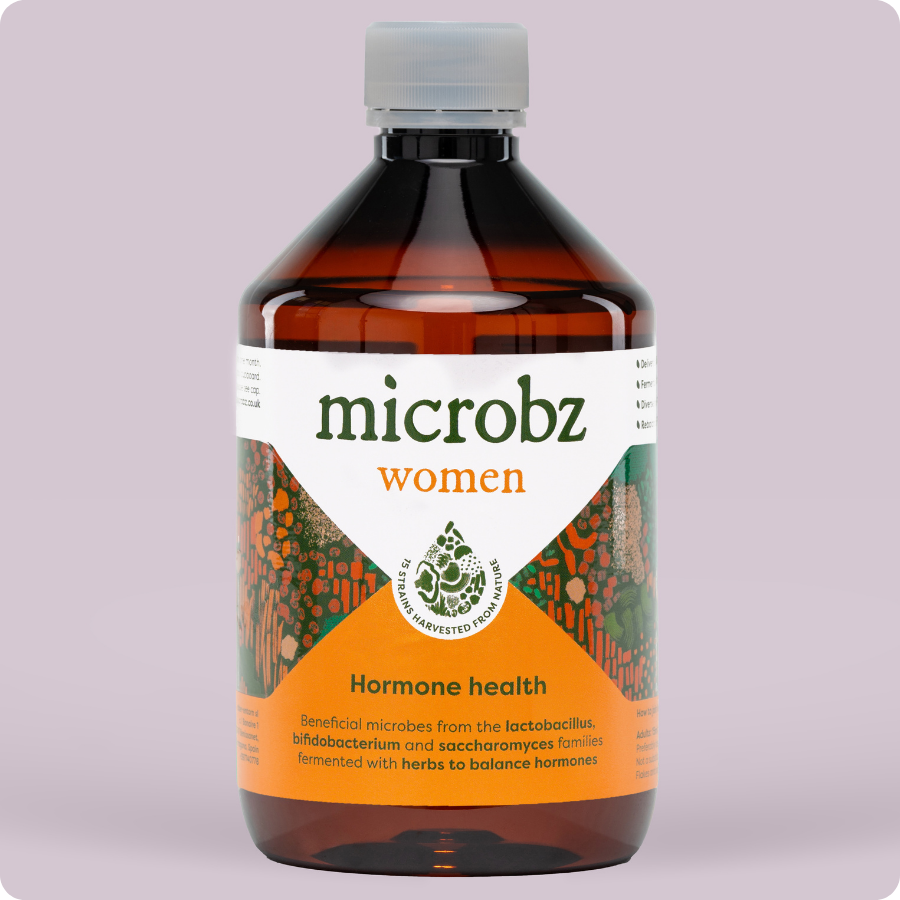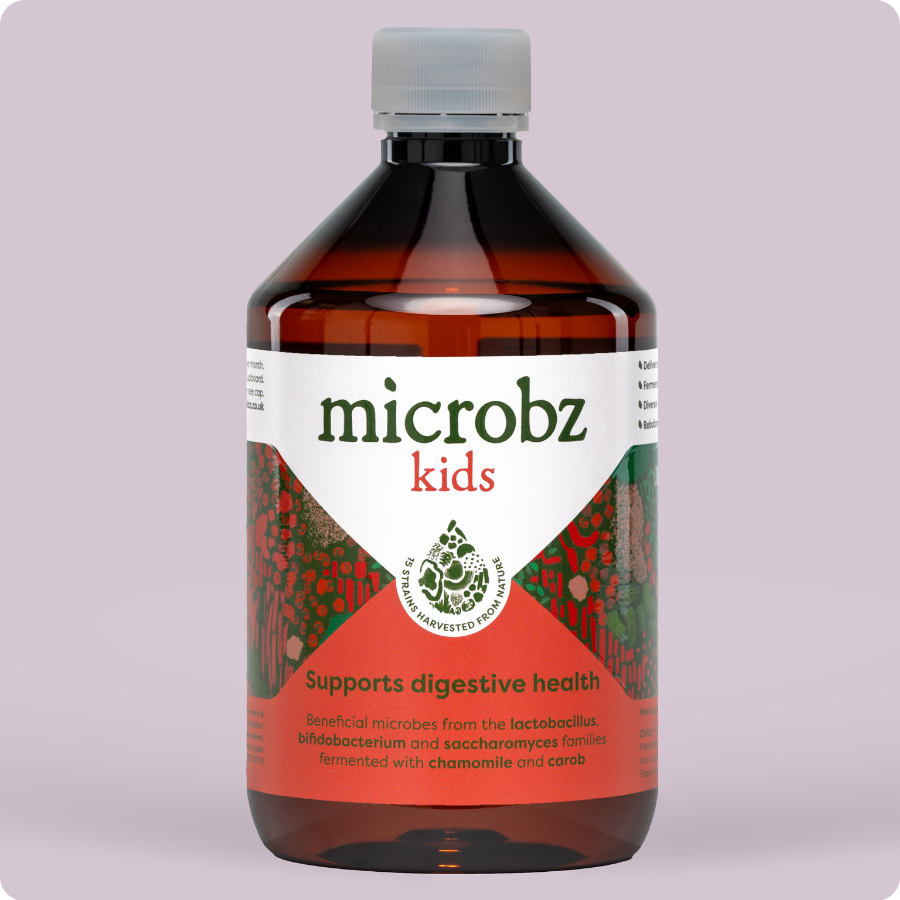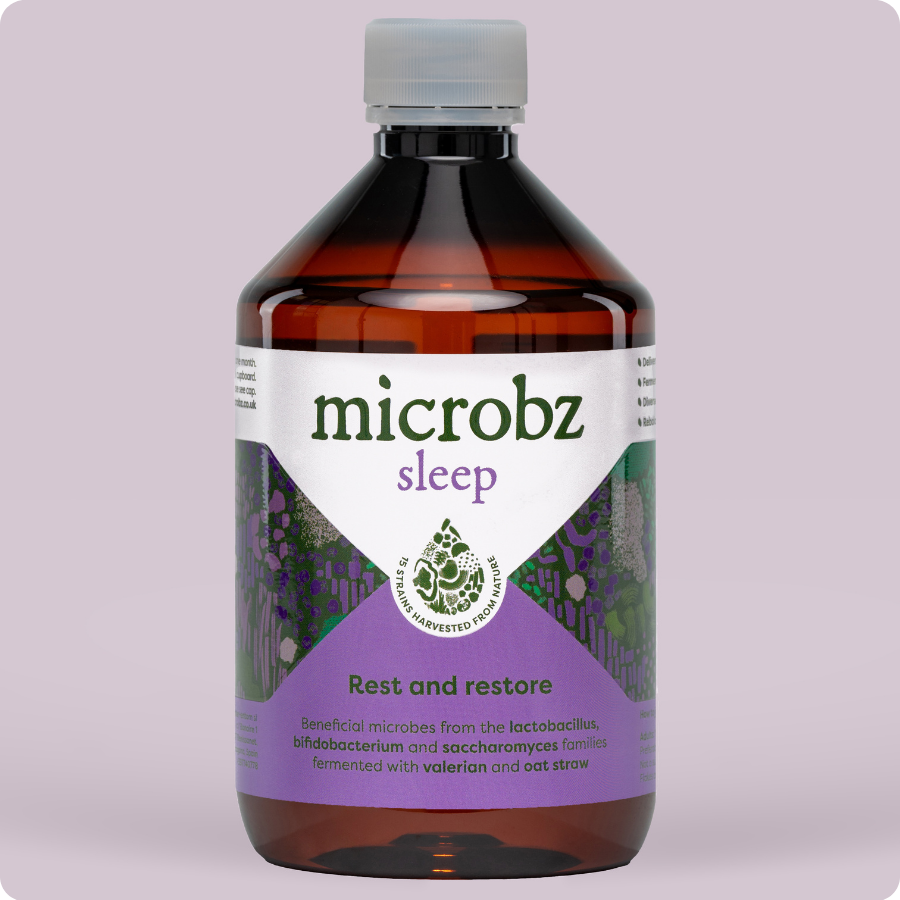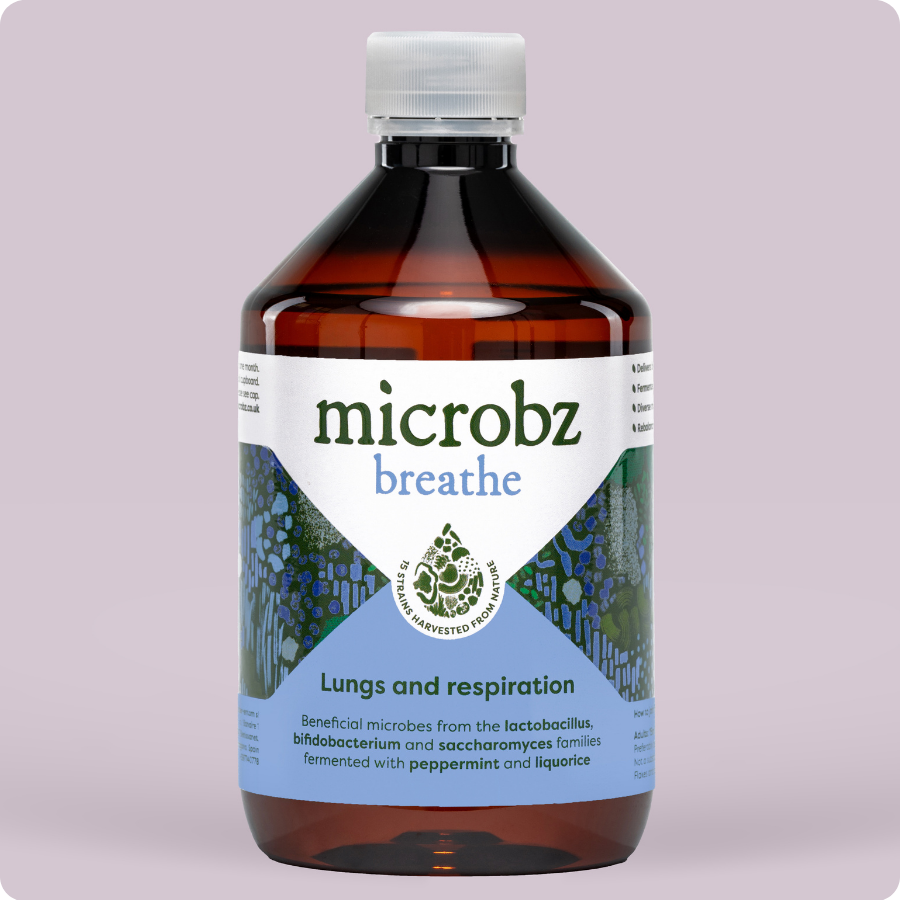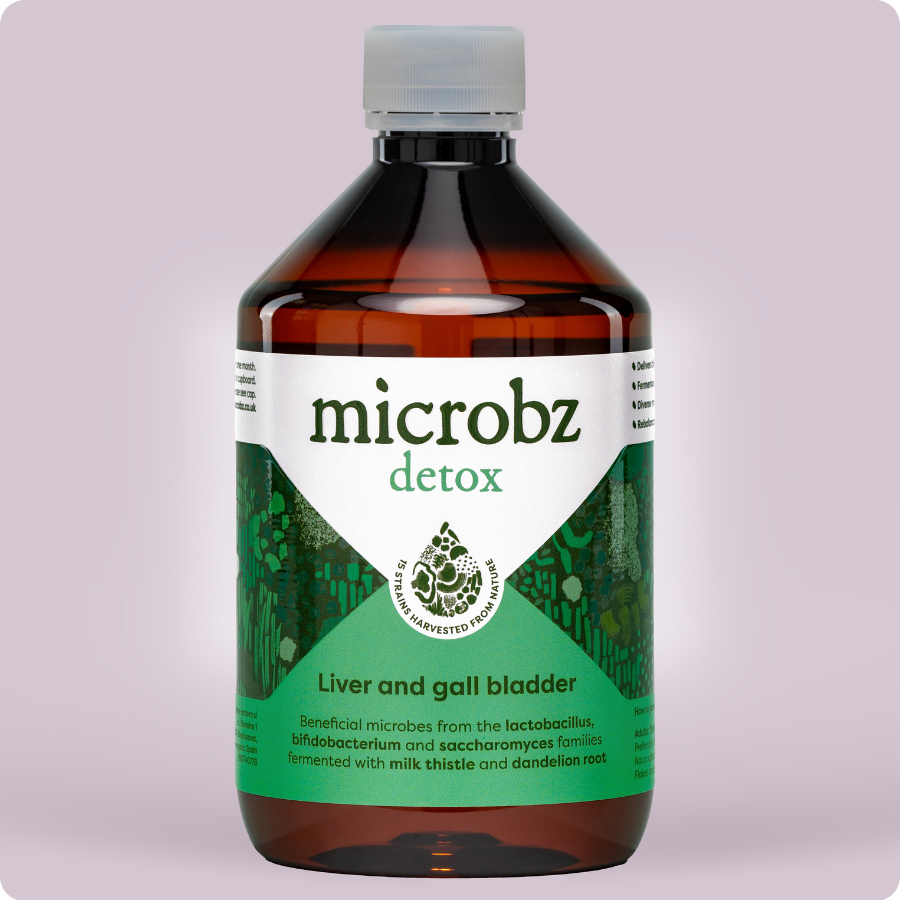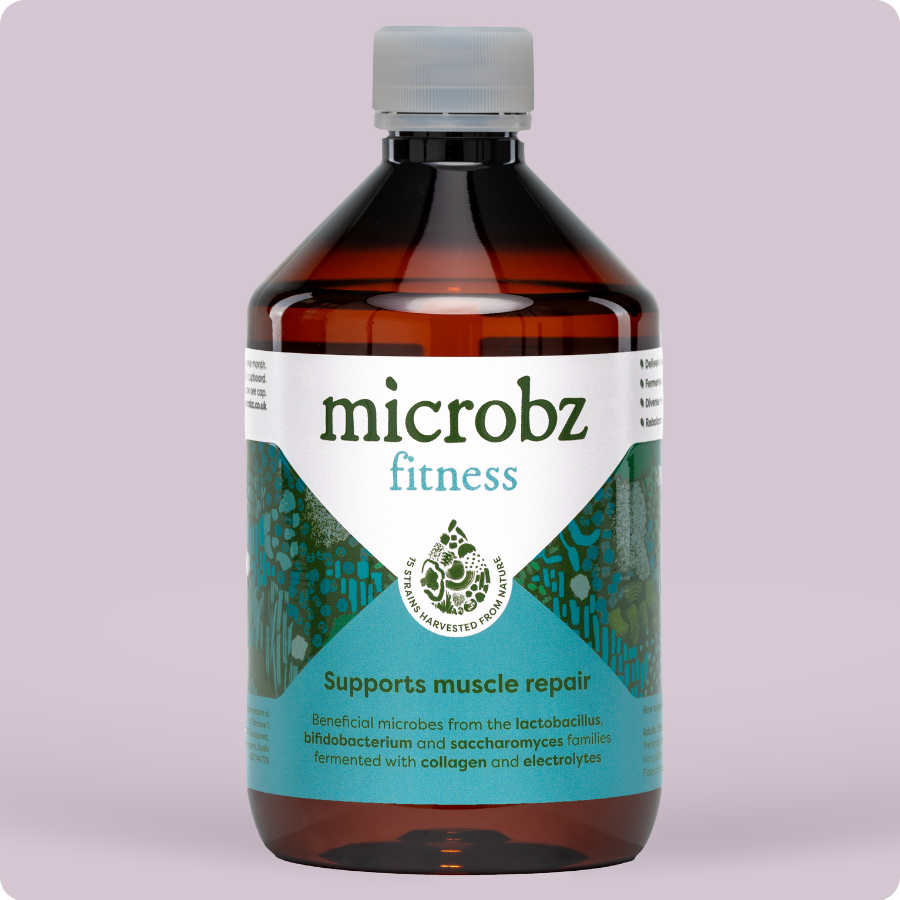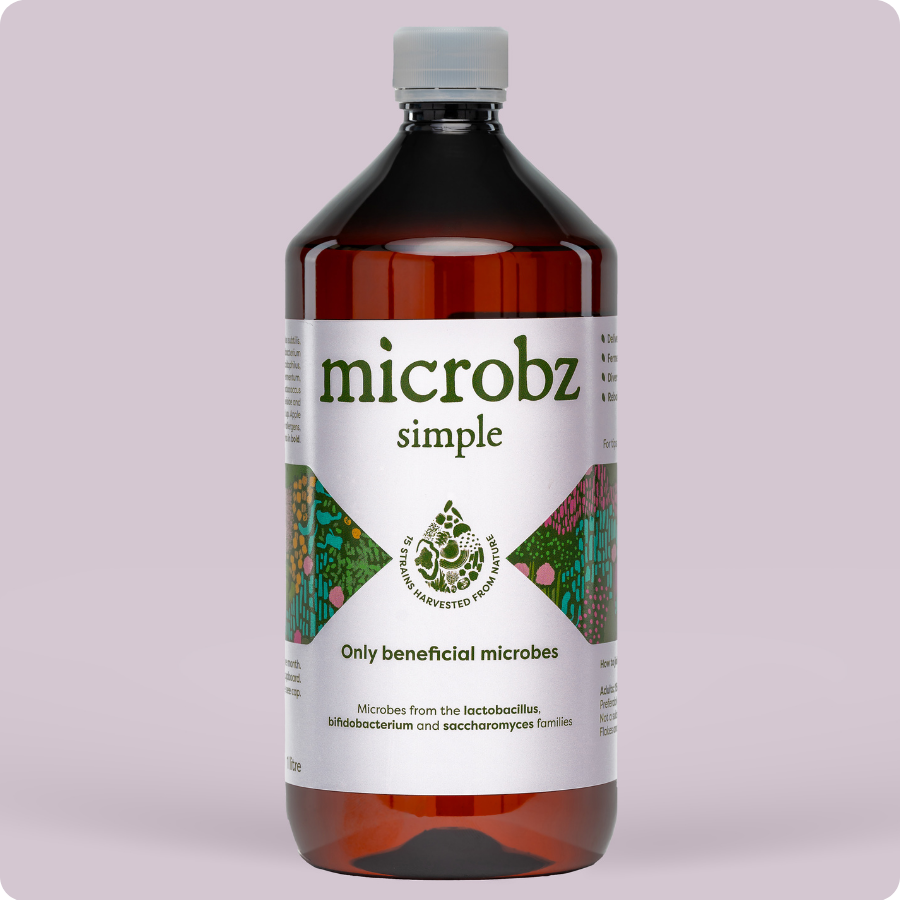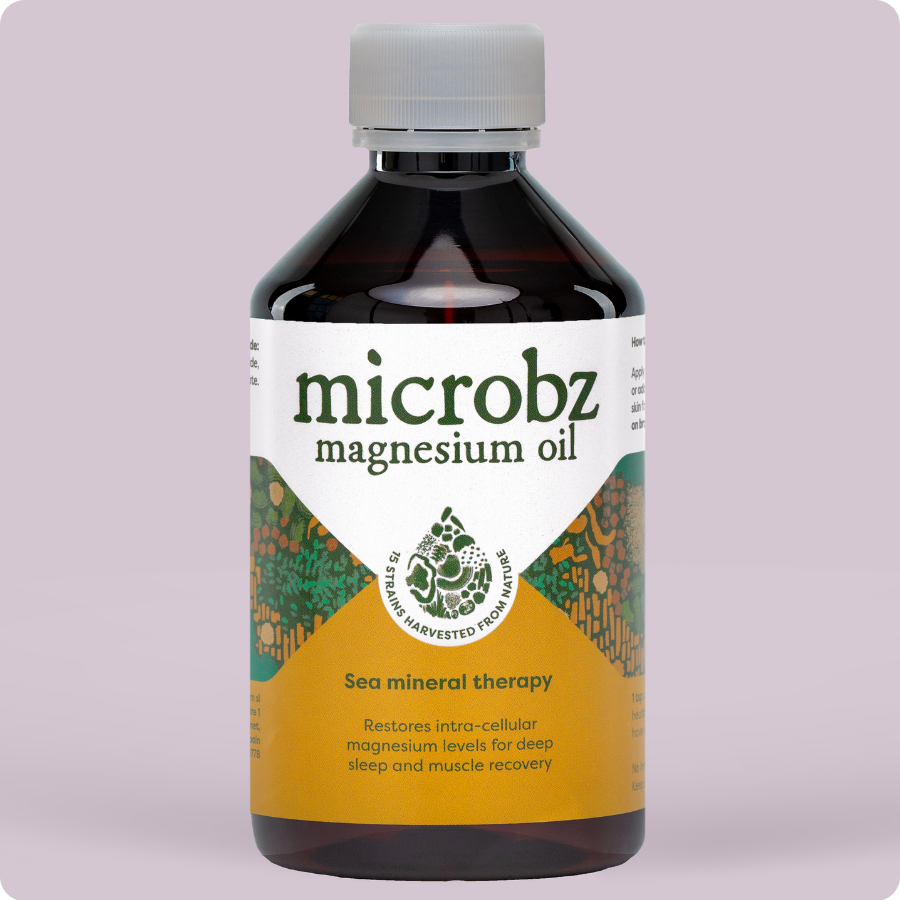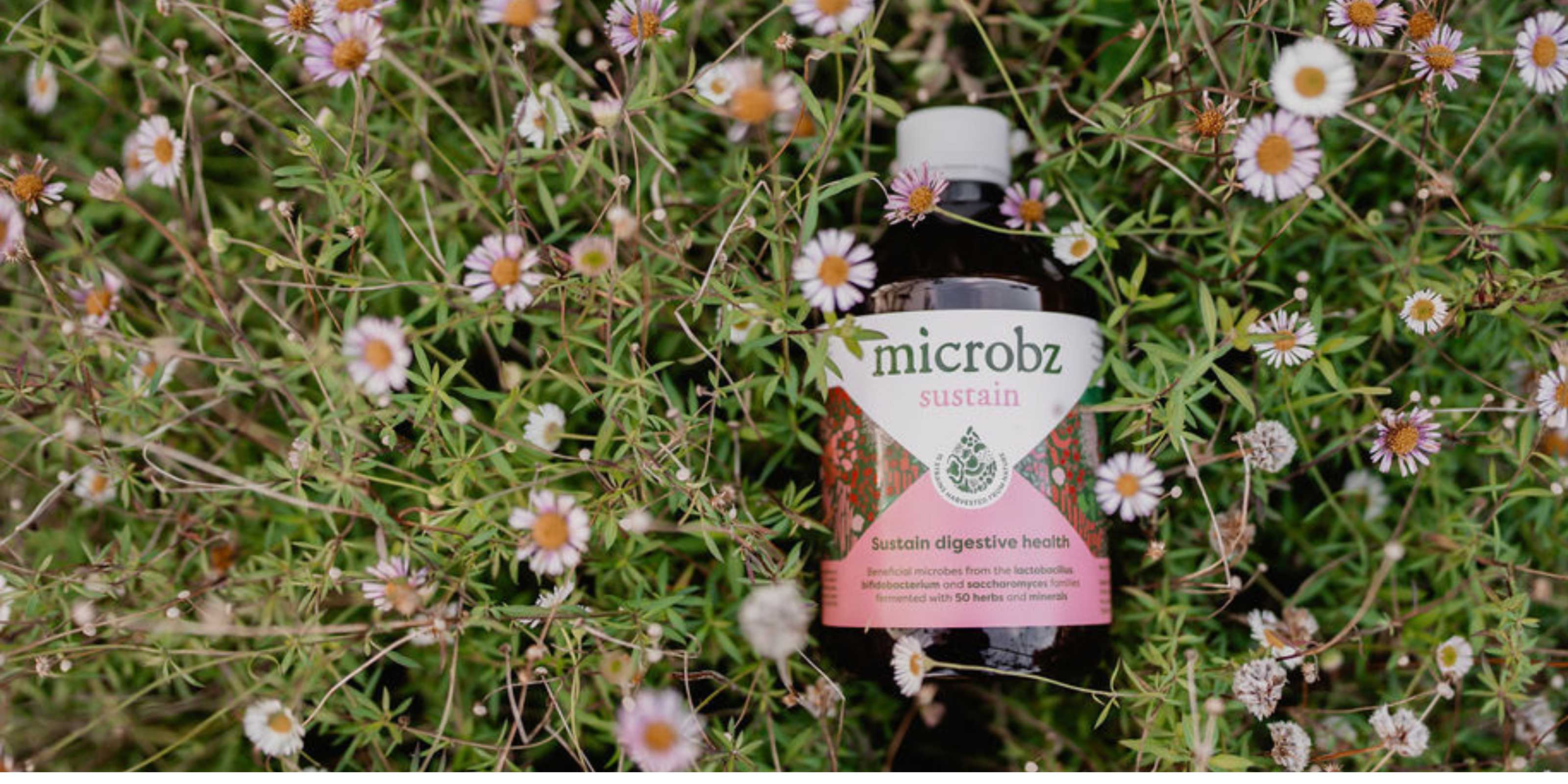“All disease begins in the gut"
Hippocrates said this 2000 years ago and we’re just about catching on.
What is the gut?
Your gut is your digestive system; from your mouth to your bottom. A healthy gut is a thriving and diverse community of living microbes known as your microbiome - and these microbes, otherwise known as friendly bacteria, play a crucial in your health.
Why a healthy gut matters
The higher the number of beneficial microbes in your gut and the more diverse those microbes are, the easier it is for your body to:
- Absorb nutrients and minerals from food
- Support your immune system
- Maintain hormone balance linked to anxiety, mood disorders and depression
- Regulate your metabolism and weight
What harms the gut?
The gut is sensitive to poor diet, toxins from our environment and stress, which can result in leaks or cracks in the single celled membrane of the gut lining. If this happens then larger molecules can get through causing inflammation in the body and can lead to a whole host of health and mental health problems.
It is critical to look after your gut lining in order to get the best from the food that you eat and to maintain wellbeing. A probiotic supplement can help to improve your gut health.
Your gut health staples
Our award-winning probiotics are designed to support your microbiome and improve your overall gut health.
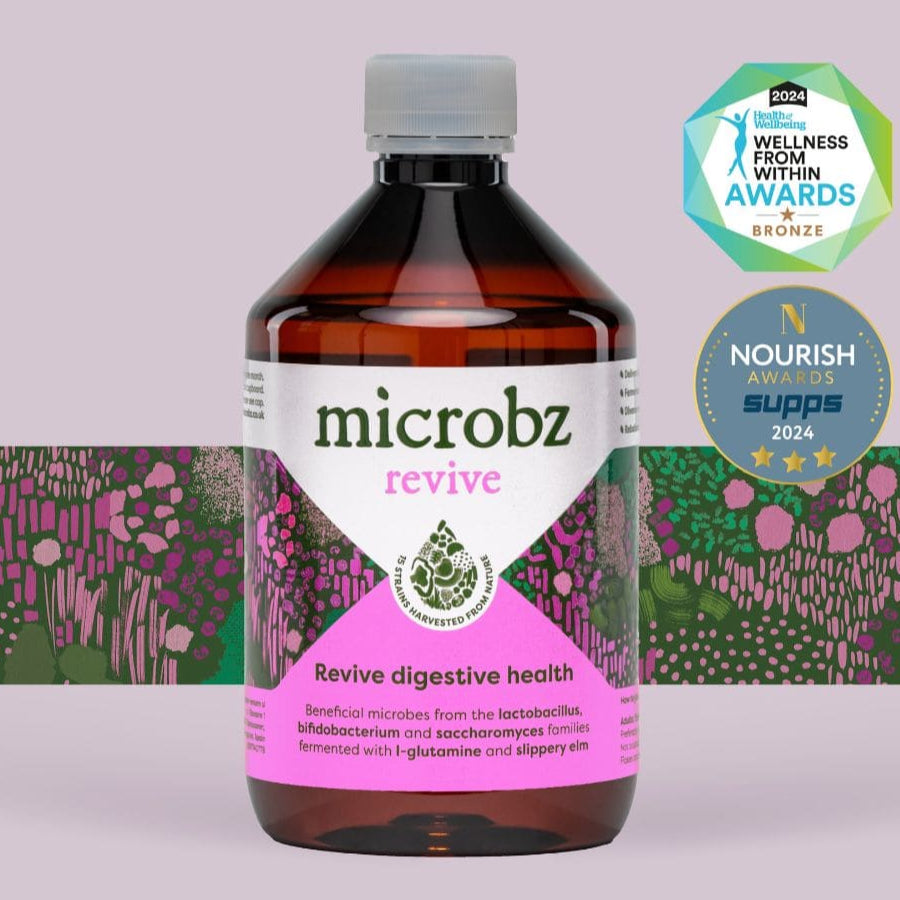
Revive
Begin your gut health journey here.
Designed for those who are new to probiotics or aren’t taking them currently.
Revive is a diverse probiotic fermented with L-glutamine and slippery elm to kick start improving your gut health.
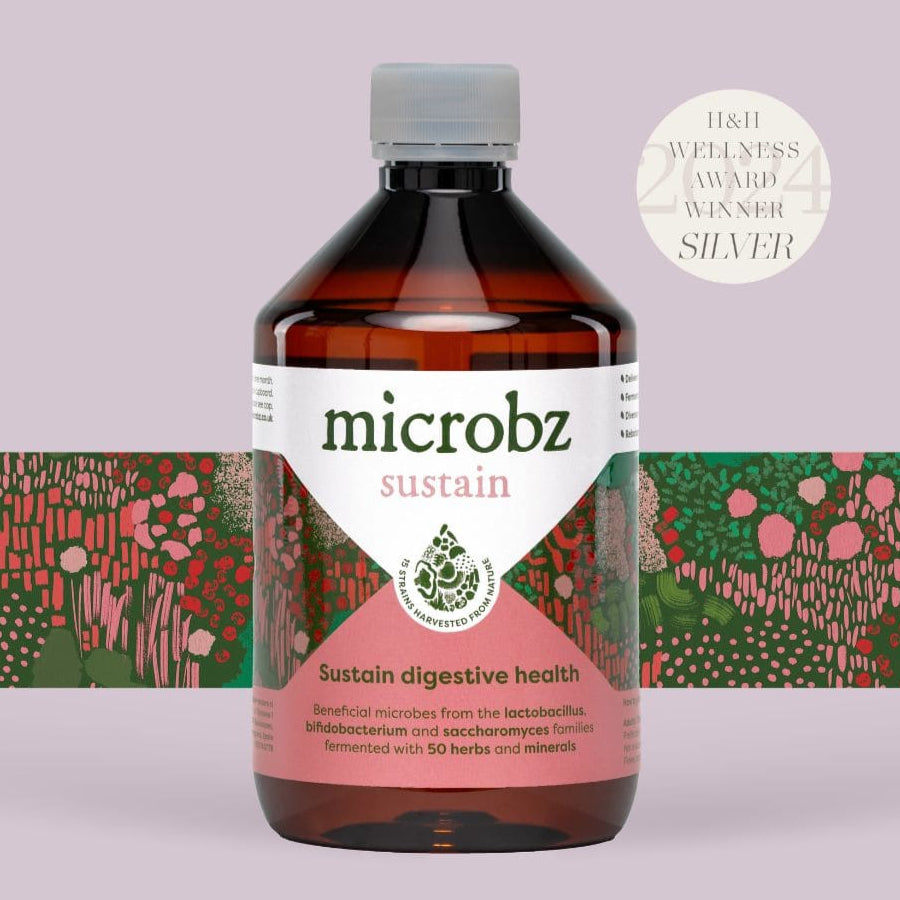
Sustain
Maintain good gut health, month by month.
Sustain is your every day probiotic, designed to be taken all year to keep your microbiome topped up with the diverse range of microbes it needs.
It's fermented with 50 herbs and minerals which act as a multivitamin.
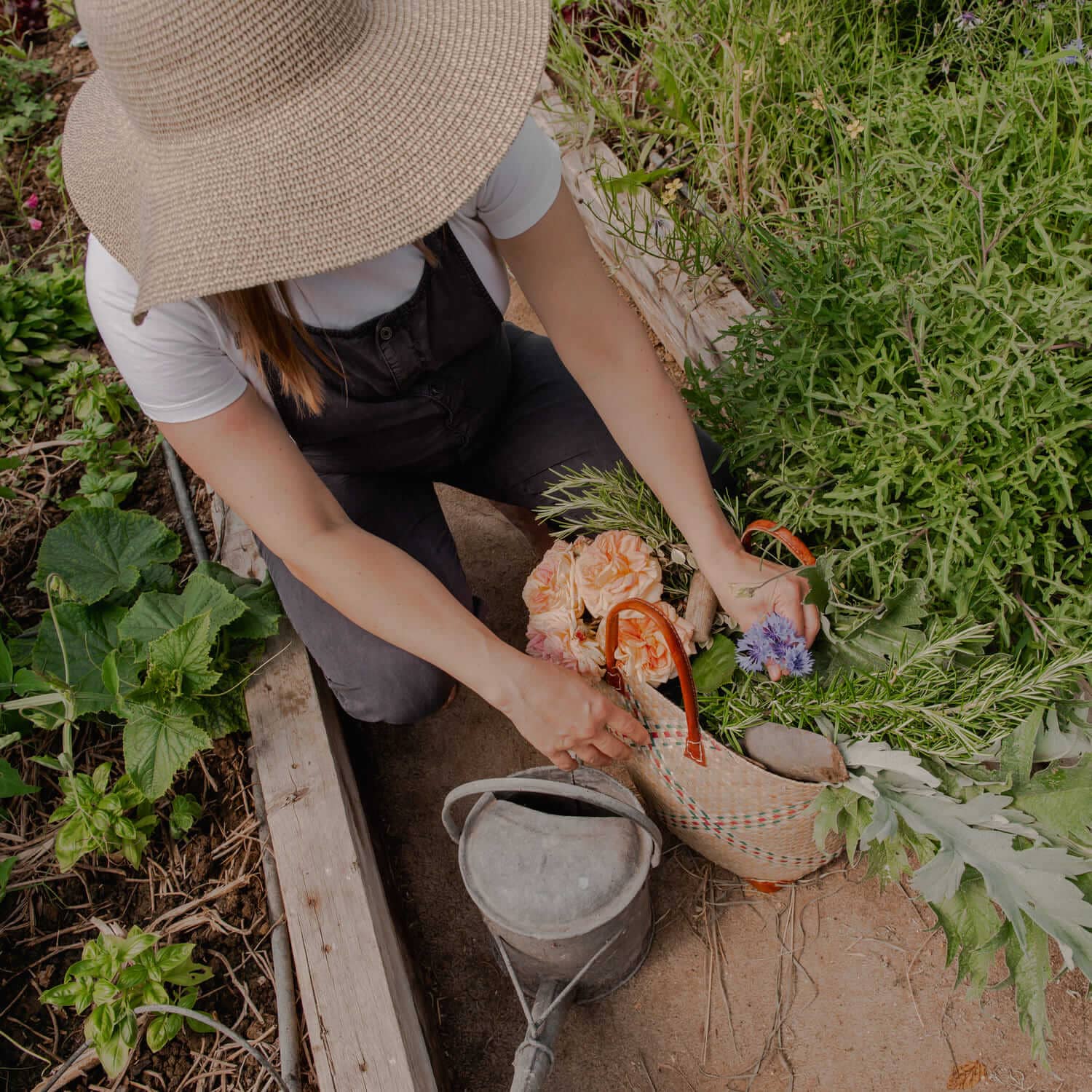
How do probiotics work?
A probiotic supplement is a collection of living microorganisms or microbes, which in the case of microbz products, are multiple strains of friendly bacteria fermented with herbs and minerals. These minisicule miracles play a vital role in maintaining the health of our soils, our plants, our animals, our climates and importantly our bodies.
Within the human gut we have a community of millions of microbes working hard to support our systems. And within that community you could say there are three types of microbes: positive, harmful, and opportunistic.
The opportunistic ones are rather like floating voters. If the harmful microbes become dominant, the opportunistic ones will gravitate towards them: we start to feel sick, pathogens grow, and digestion suffers. But if you make sure the positive microbes are dominant, the opportunistic ones will support them, helping to boost resilience, calming the immune system and maintaining your health and wellbeing.
By eating probiotic foods, such as yoghurt, kefir, sauerkraut, kimchi and kombucha or taking a probiotic supplement you bolster the good bacteria within your gut, which in turn can help to restore and maintain good gut health.
Find out more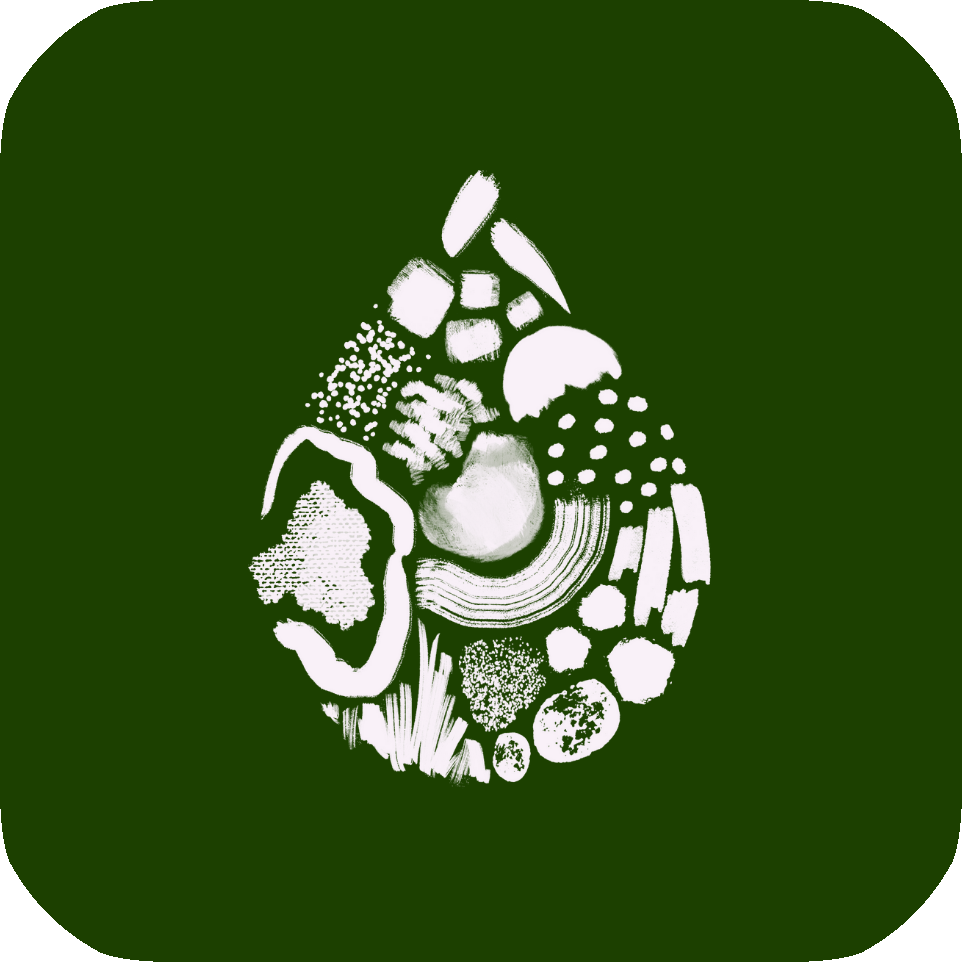
Why microbz?
- A diverse product containing at least 15 strains of living active microbes derived from soil (rather than a lab)
- Billions of gut friendly microbes in every 15ml serving
- Liquid form and brewed to 3.2ph to survive stomach acid
- Fermented with organic herbs, juices and minerals
- 100% natural, gluten, dairy, sugar and soya free
- Vegan and vegetarian approved (*apart from Revive and Fitness)
- Anti-oxidant
- Made in the UK
Meet the full gut health range
For those of you with specific health needs, we also make:
How to take your microbes?
Take a 15ml shot or a tablespoon of any microbz probiotic once a day. Ideally take it before breakfast but if you forget you can take it anytime.
You can mix your probiotic with a ginger shot, juice or water. Keep your bottle of microbz out of the fridge - they don't like to be too cold!
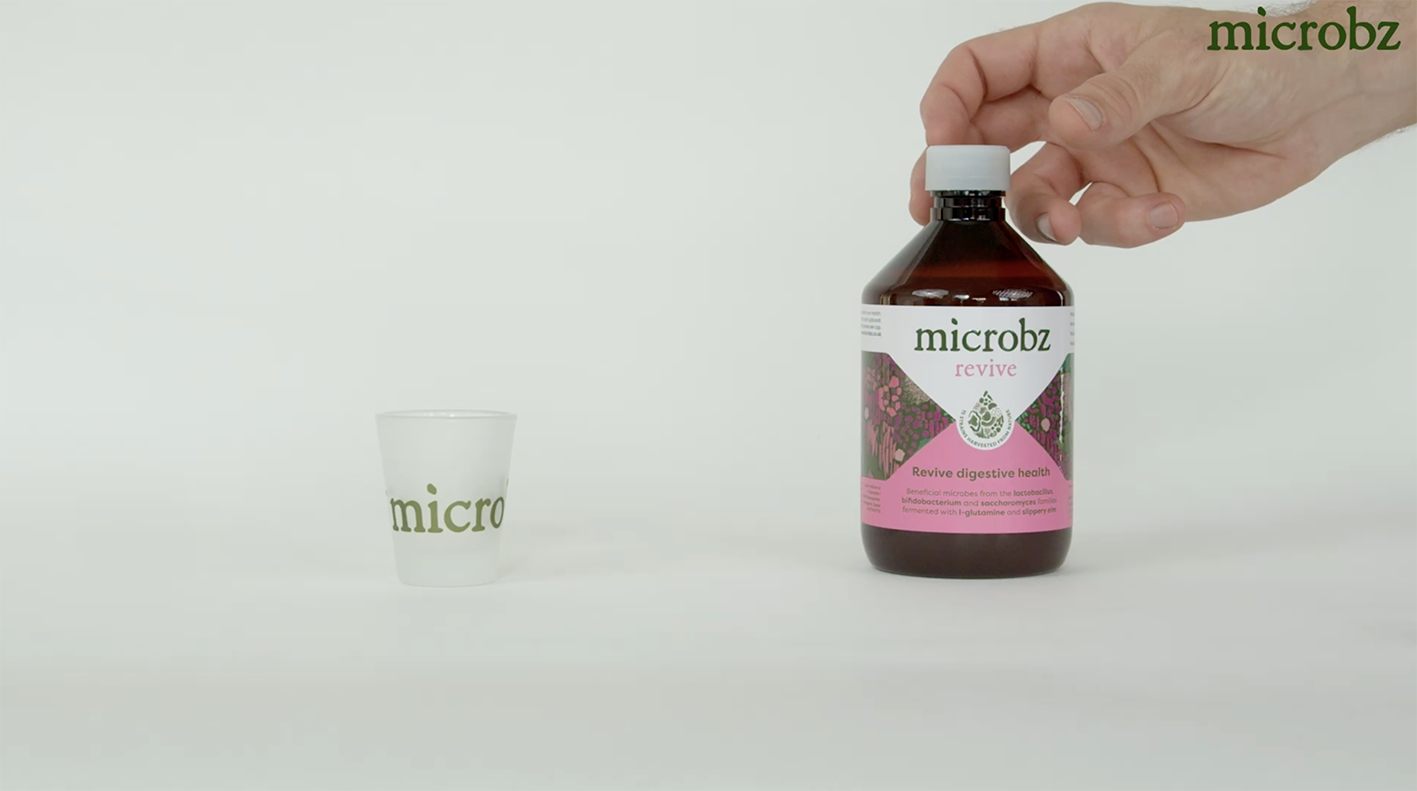
Video
Gut Health FAQ
What is your CFU count - why don't you have one?
How do the microbes survive the stomach acid?
I see that you use hydrogen peroxide in your probiotics, is this safe? Isn’t it used to kill bacteria in cleaning products?
What is the difference between this probiotic and freeze-dried capsules?
Sometimes my probiotic is fizzy when I open it. Is it still okay to drink it and does it still work?
My probiotic sometimes has little white bits in it. What are these and is it still okay to take it?
I am noticing a reaction in my body since taking your probiotic. Is this normal?
Do I take a break from taking your probiotic?
All about microbes and gut health

5 ways biodiversity is underpinned by microbes – and what we see from our experience
Did you know that microbes are the invisible architects of life on Earth? From the soil beneath our feet to the oceans that cover our planet, microbes are quietly shaping the conditions for life to...

How, when and why probiotics: your gut’s best friend
Your body is a wonderful ecosystem. It is teeming with trillions of bacteria. Over the last 30 years, evidence has been mounting that many aspects of our health are closely intertwined with the div...

Celebrating women: How probiotics can support health through life’s challenges
Being a woman is a celebration. Especially today. I was born female and, while I haven’t loved hormonal swings and having periods, and I dislike society’s emphasis on our bodies, I do mostly like ...

Gut health: Antibiotics and Probiotics
Over a century ago, Alexander Fleming discovered penicillin, and since then, millions of lives have been saved with antibiotics. Now, with recent advances in electron microscopes over the last 30 y...
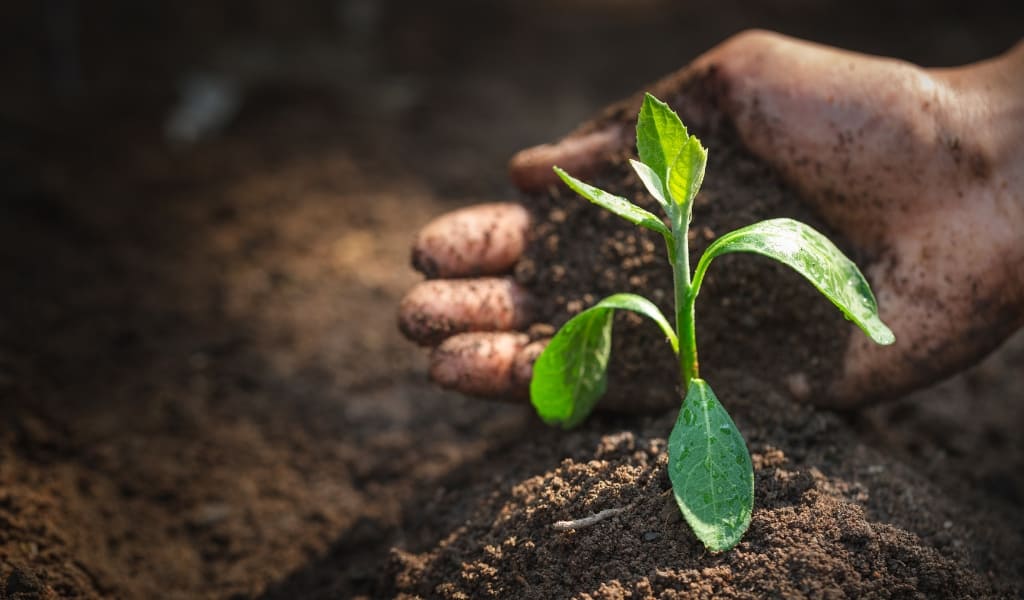
Join Forces with Nature: a journey back to microbial balance
A tagline is more than words. It is an expression of our values. It’s a message that encapsulates what we aim to bring our customers. It starts from our very core and essential belief that we trust...

How do I manage IBS? Don’t suffer in silence – there is help
Irritable Bowel Syndrome (IBS) is a common digestive disorder that affects millions of people worldwide. According to recent statistics, it is estimated that 10-15% of the global population experie...


